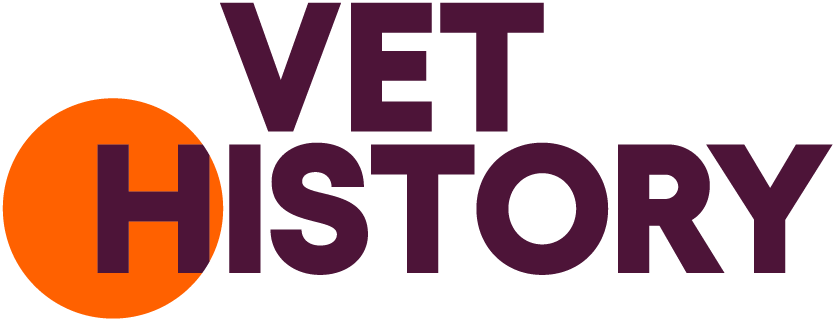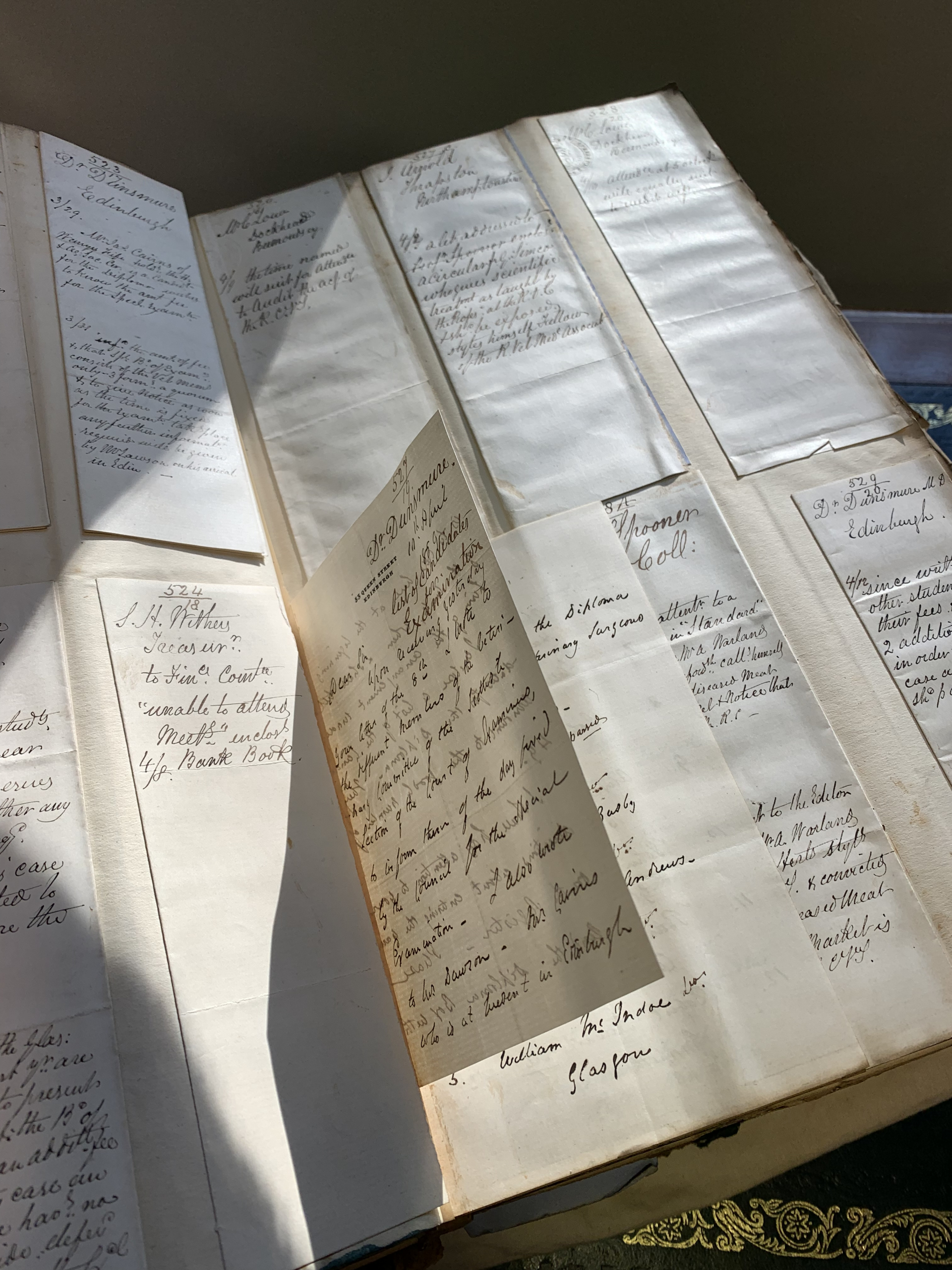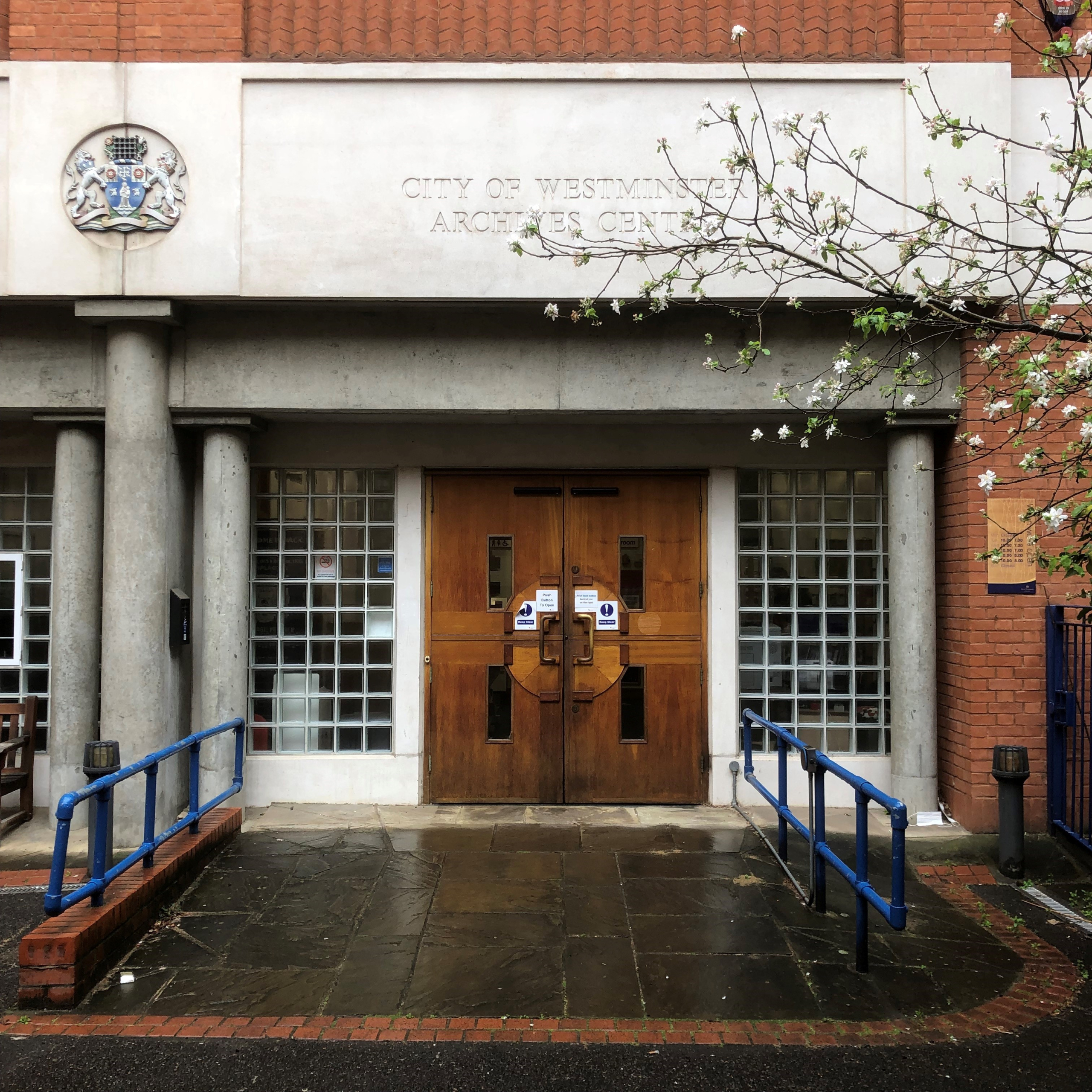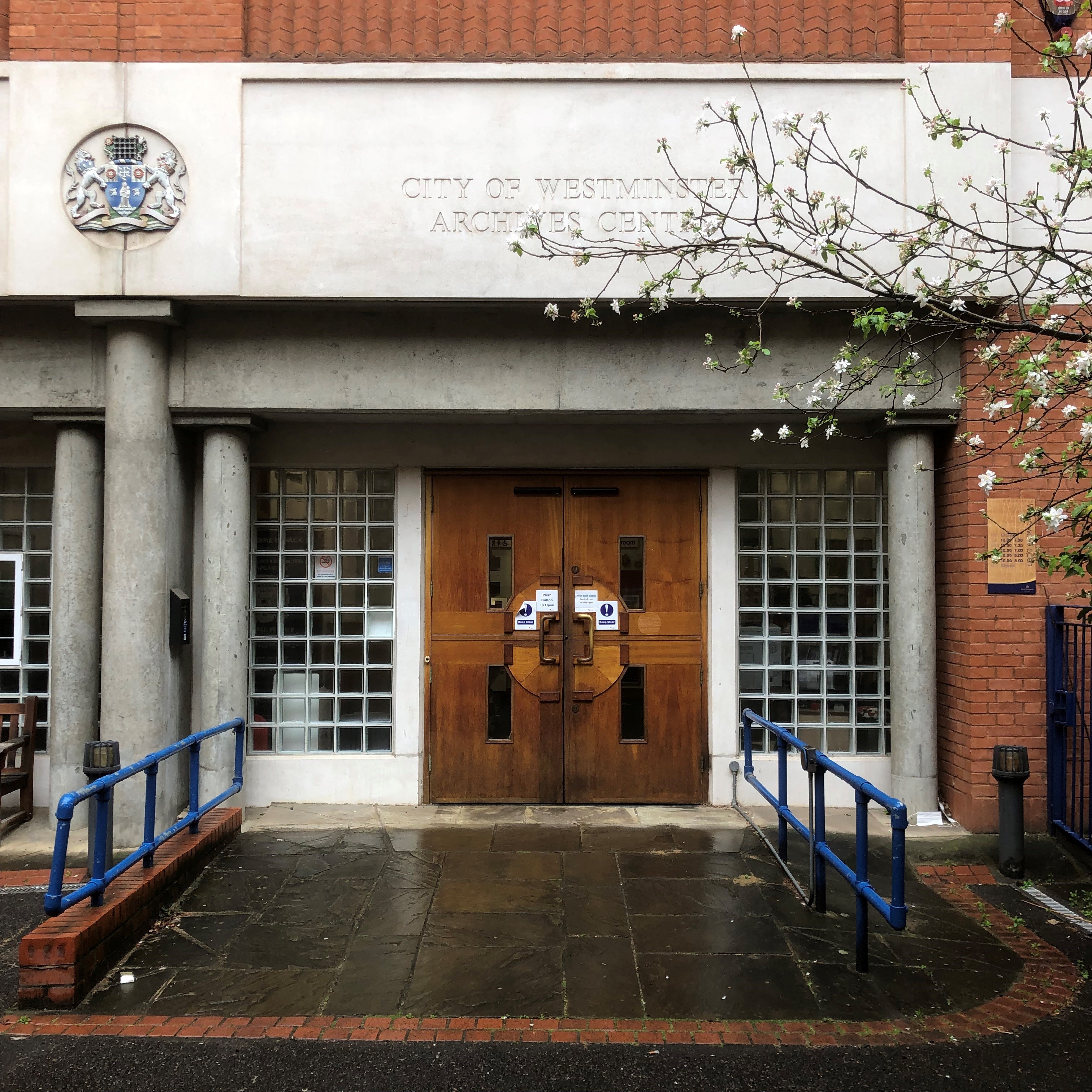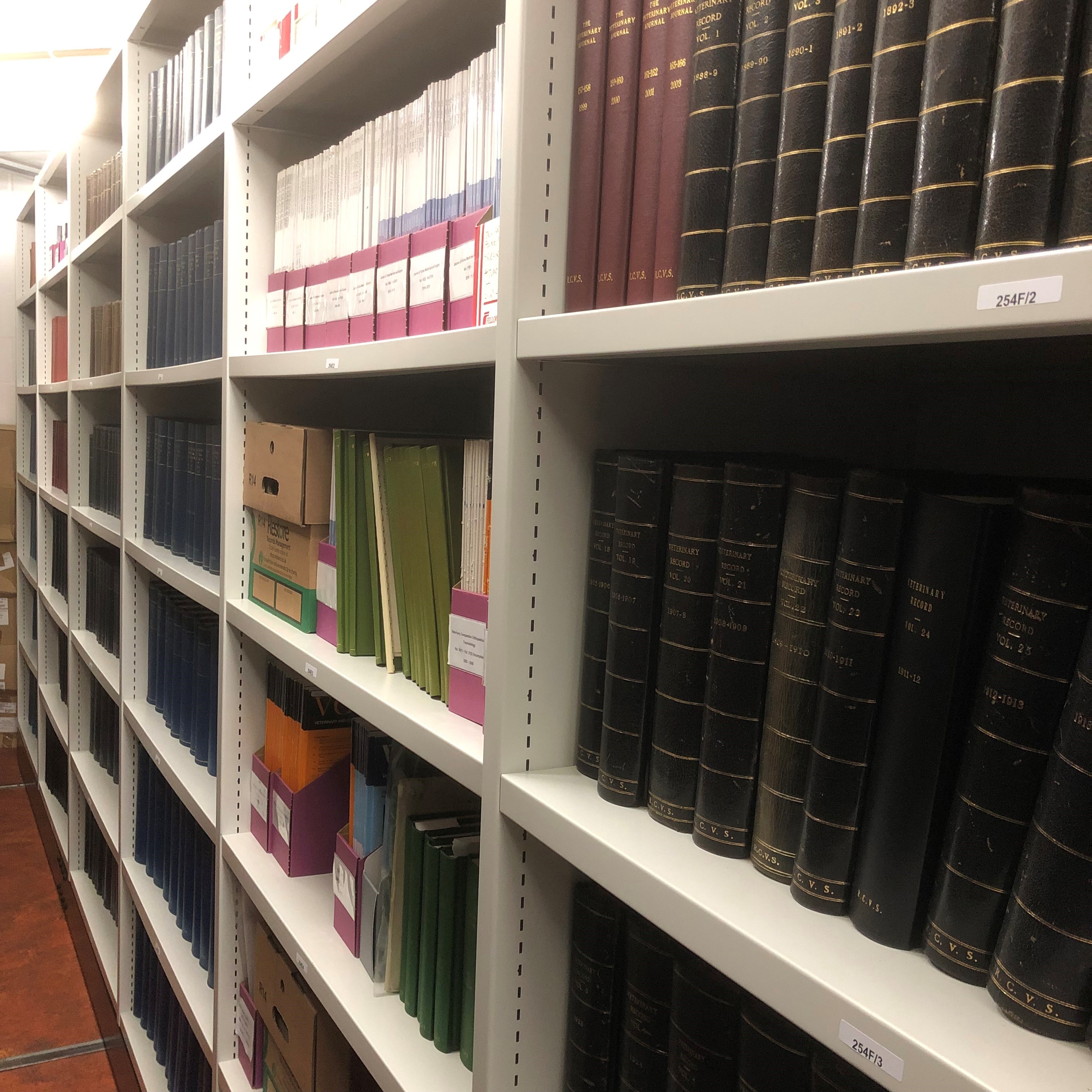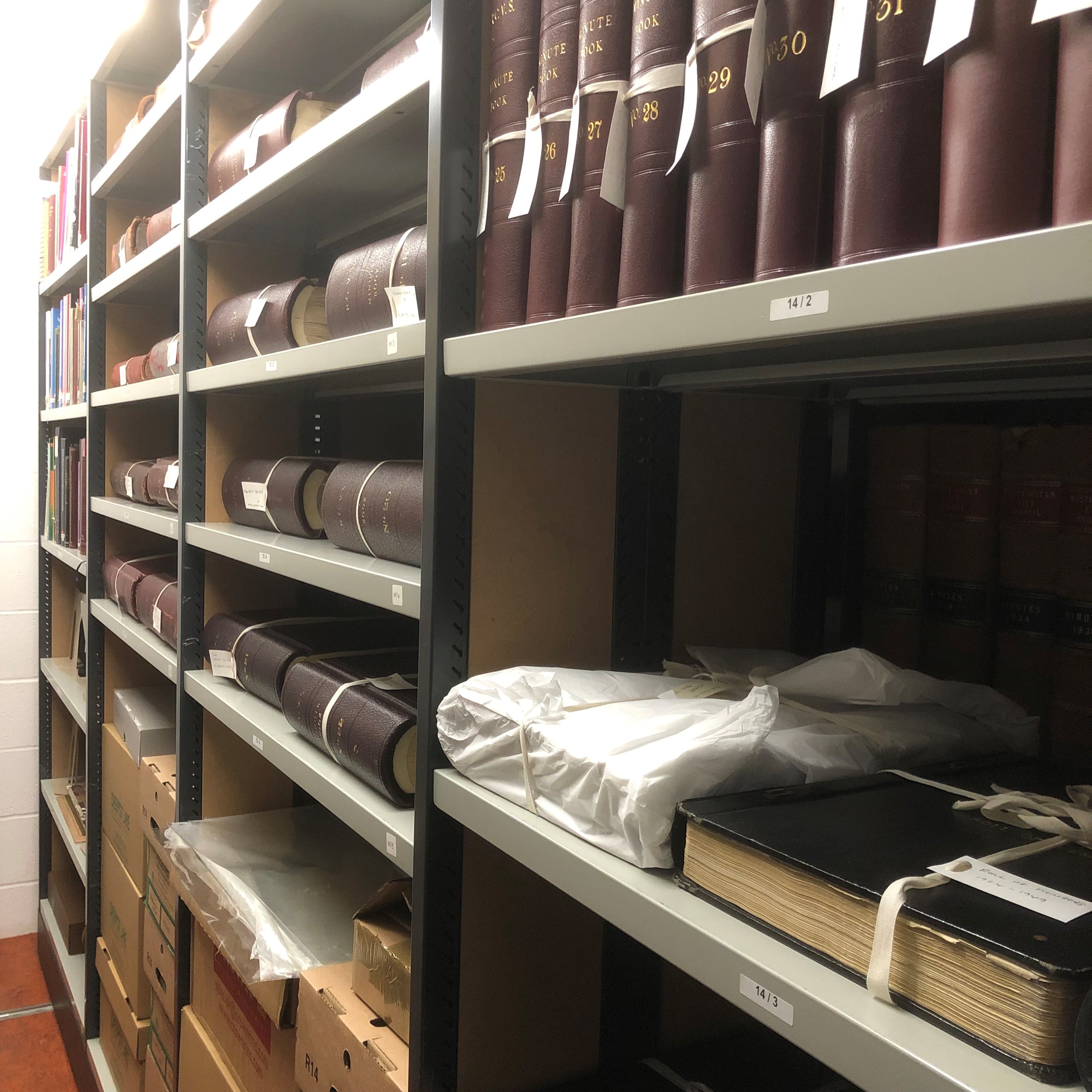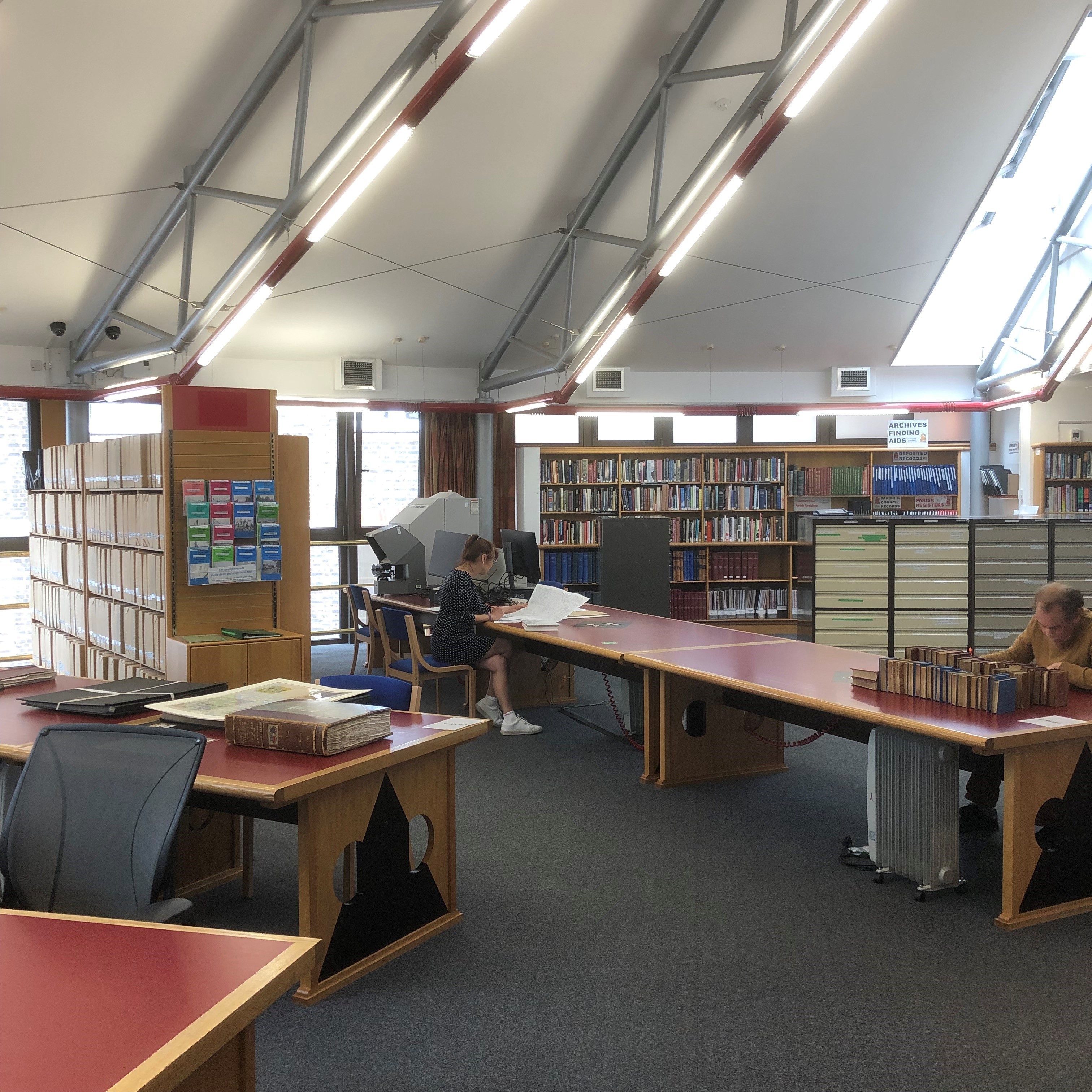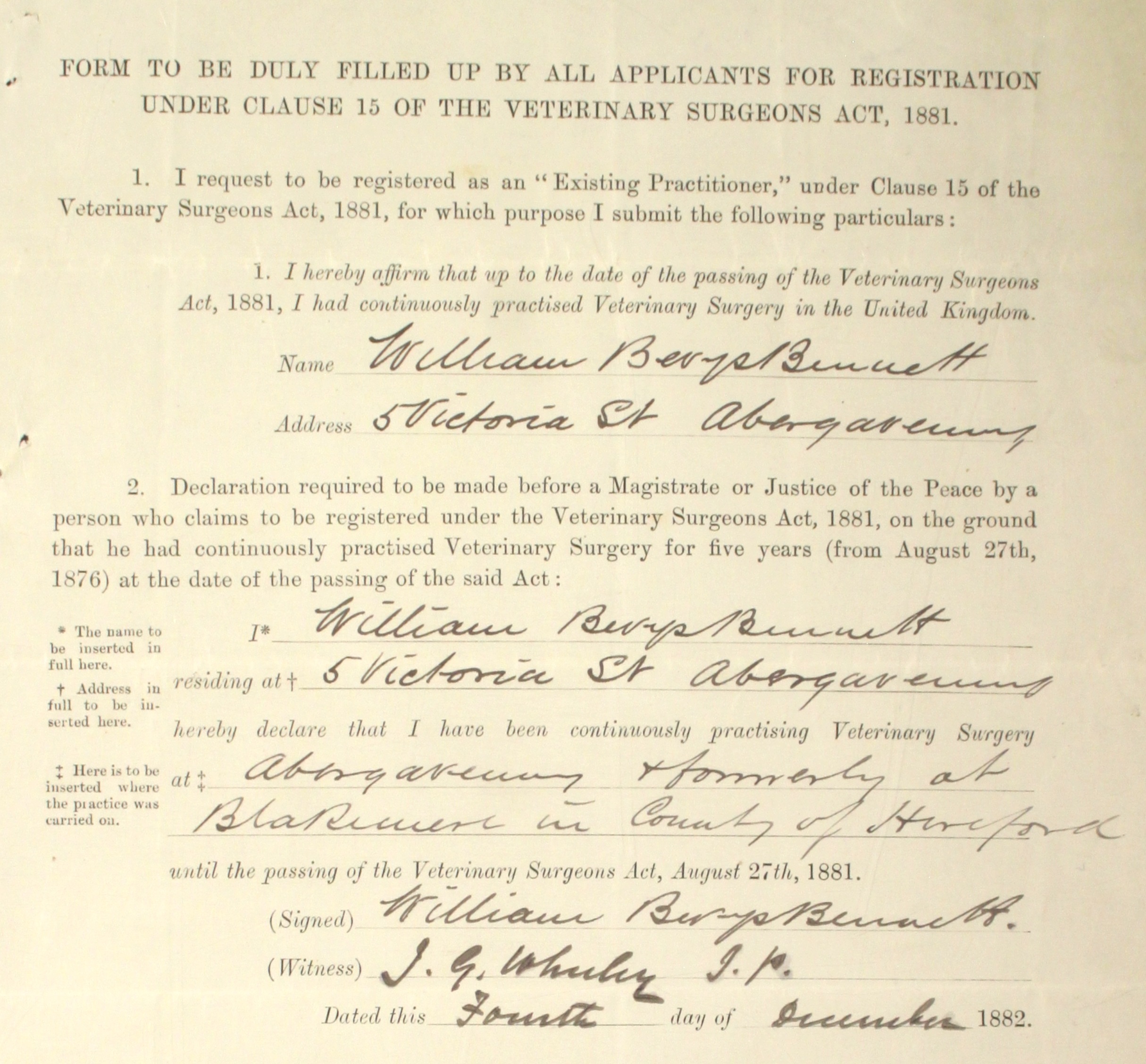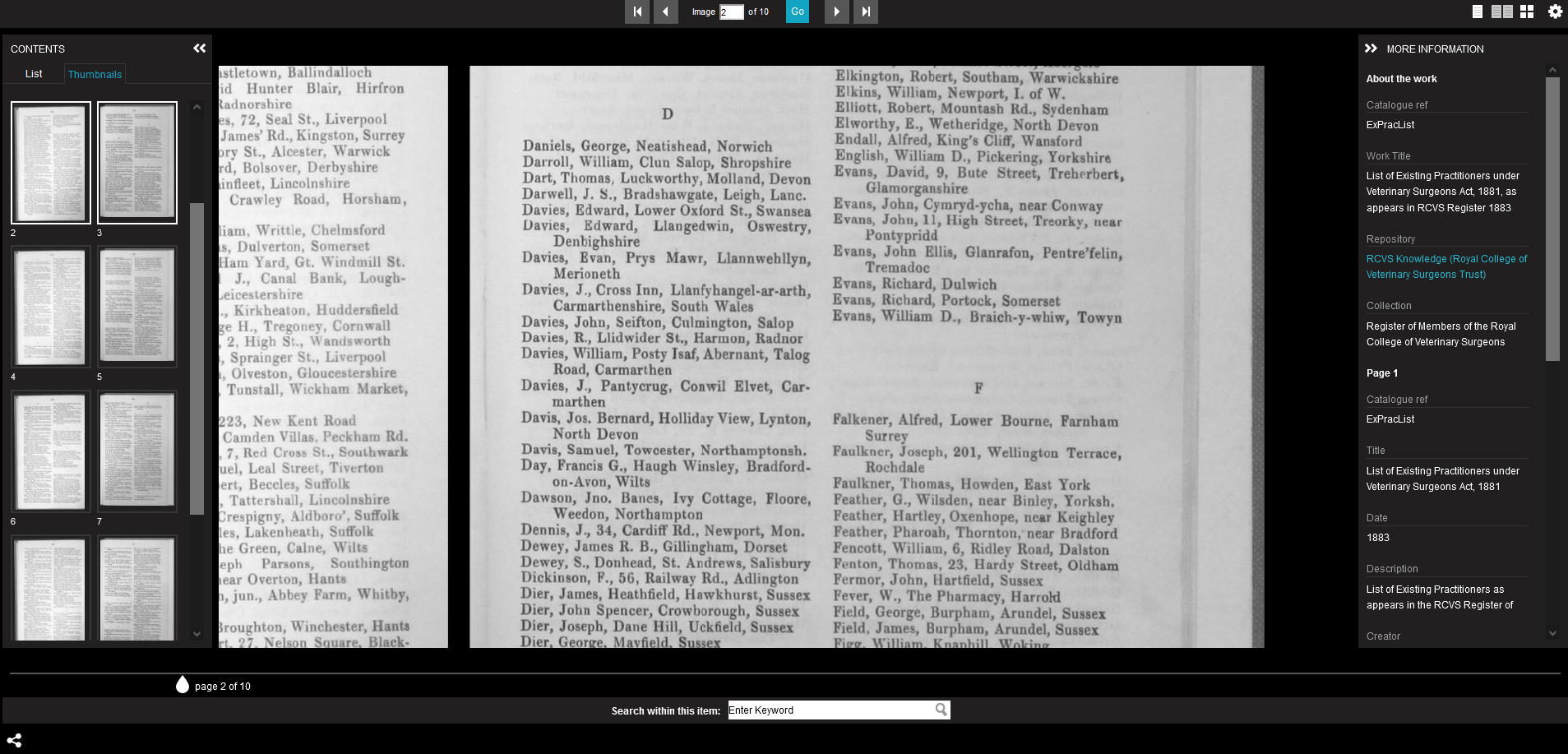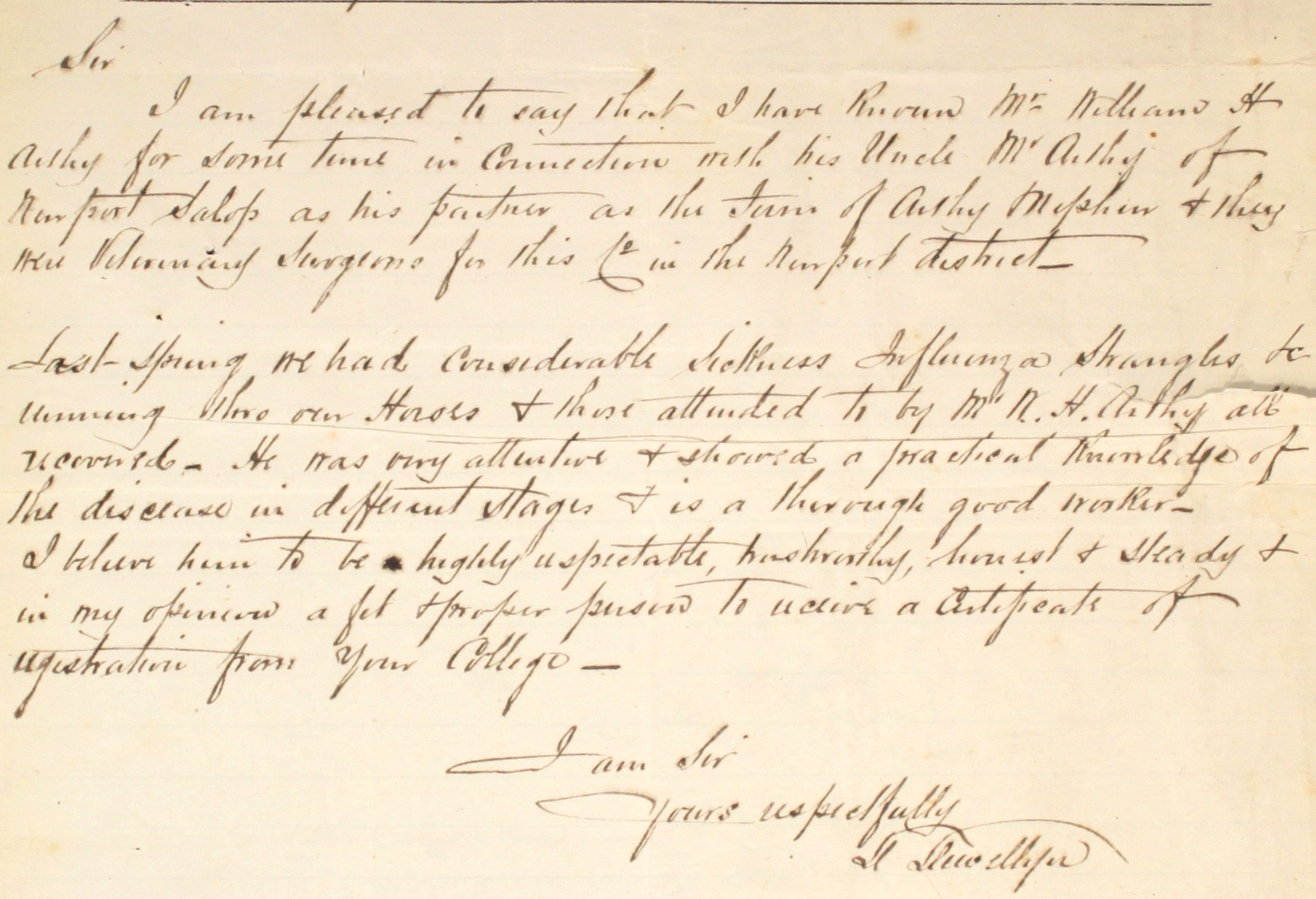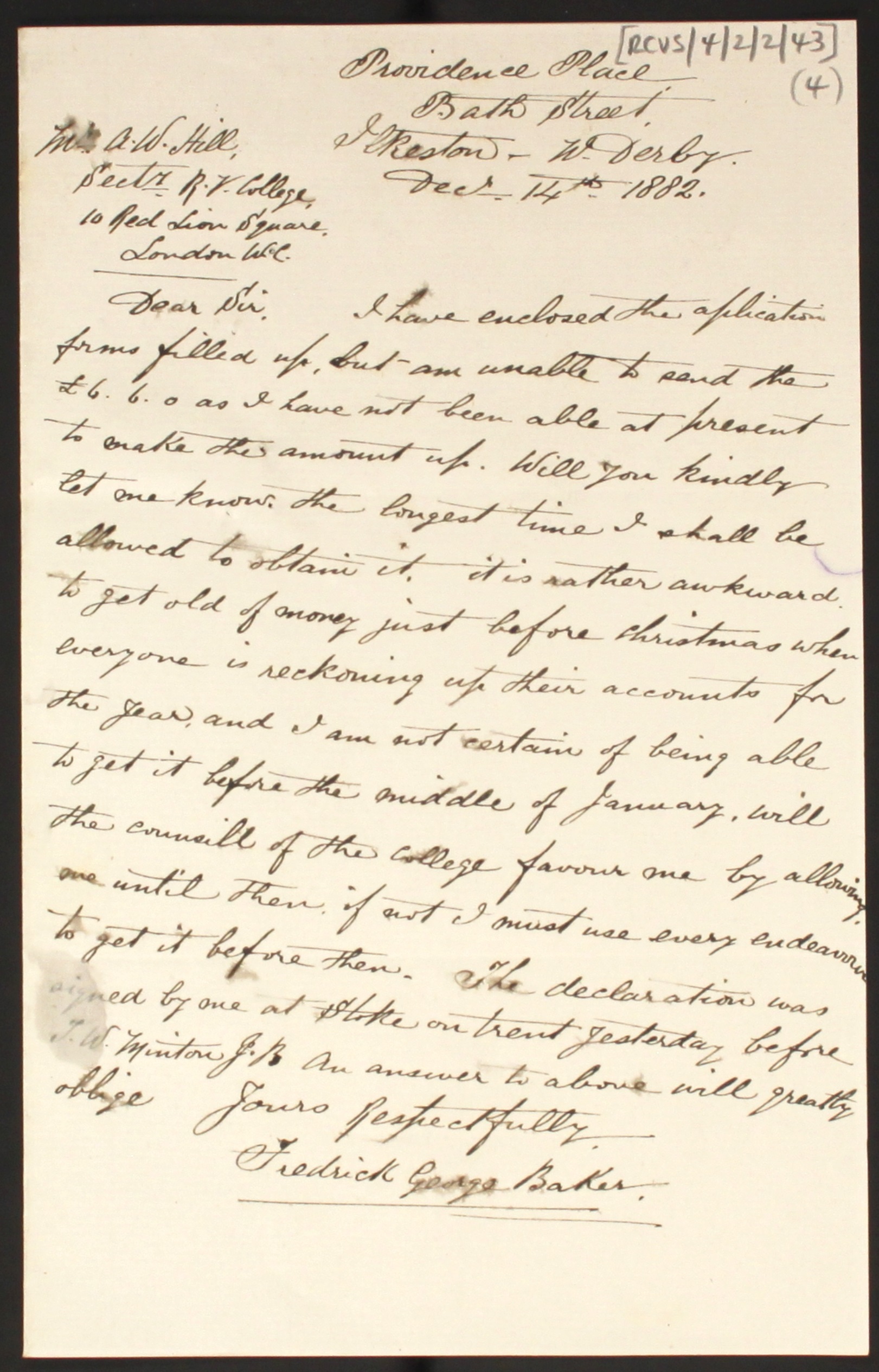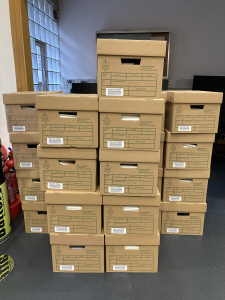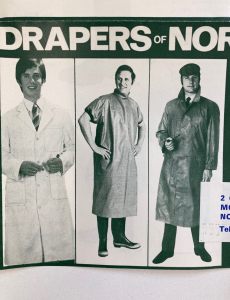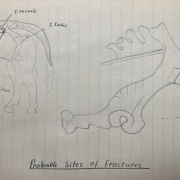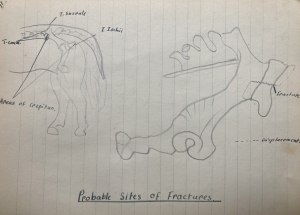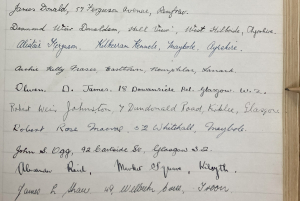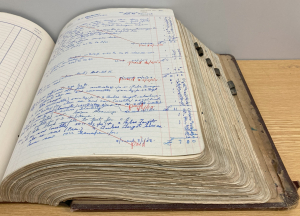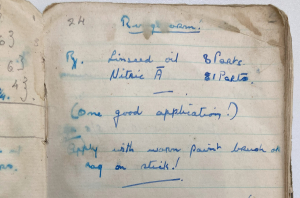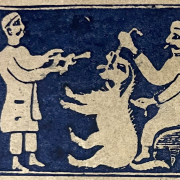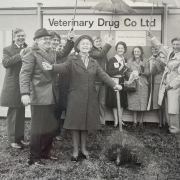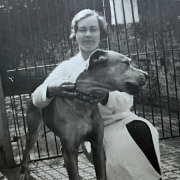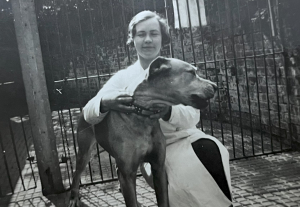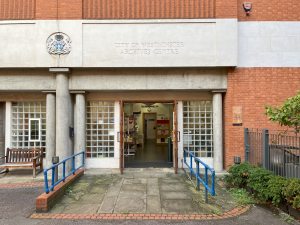A Christmas Gift to the Future of the Veterinary Professions
This Christmas, we are launching an appeal to raise funds for vital conservation work to restore one of the most fragile items in our Historical Collection – the Volume of Incoming Letters, 1868–1877.
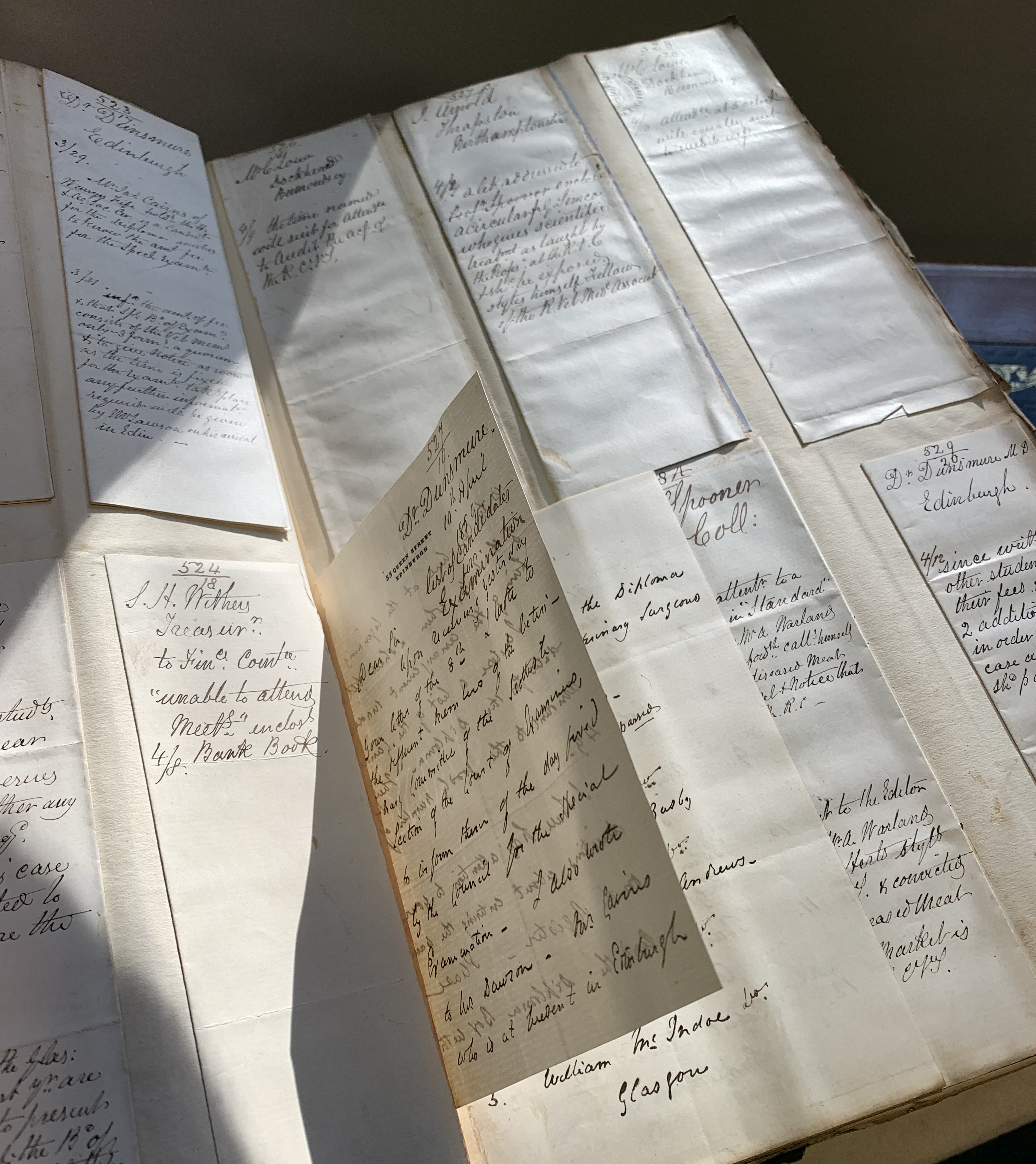
Correspondence pasted inside the Volume of Incoming Letters
This huge bound volume is a fascinating window into the veterinary profession in the late 19th century, covering nine years in over 1400 letters. In these letters, we can hear the voices of vets as they write to the RCVS with their concerns and ideas, and as the battle for greater recognition of the value of veterinary expertise is fought in Britain. Each letter written to the RCVS is meticulously numbered, pasted into the volume, with an annotated summary of the reply written by the Secretary.
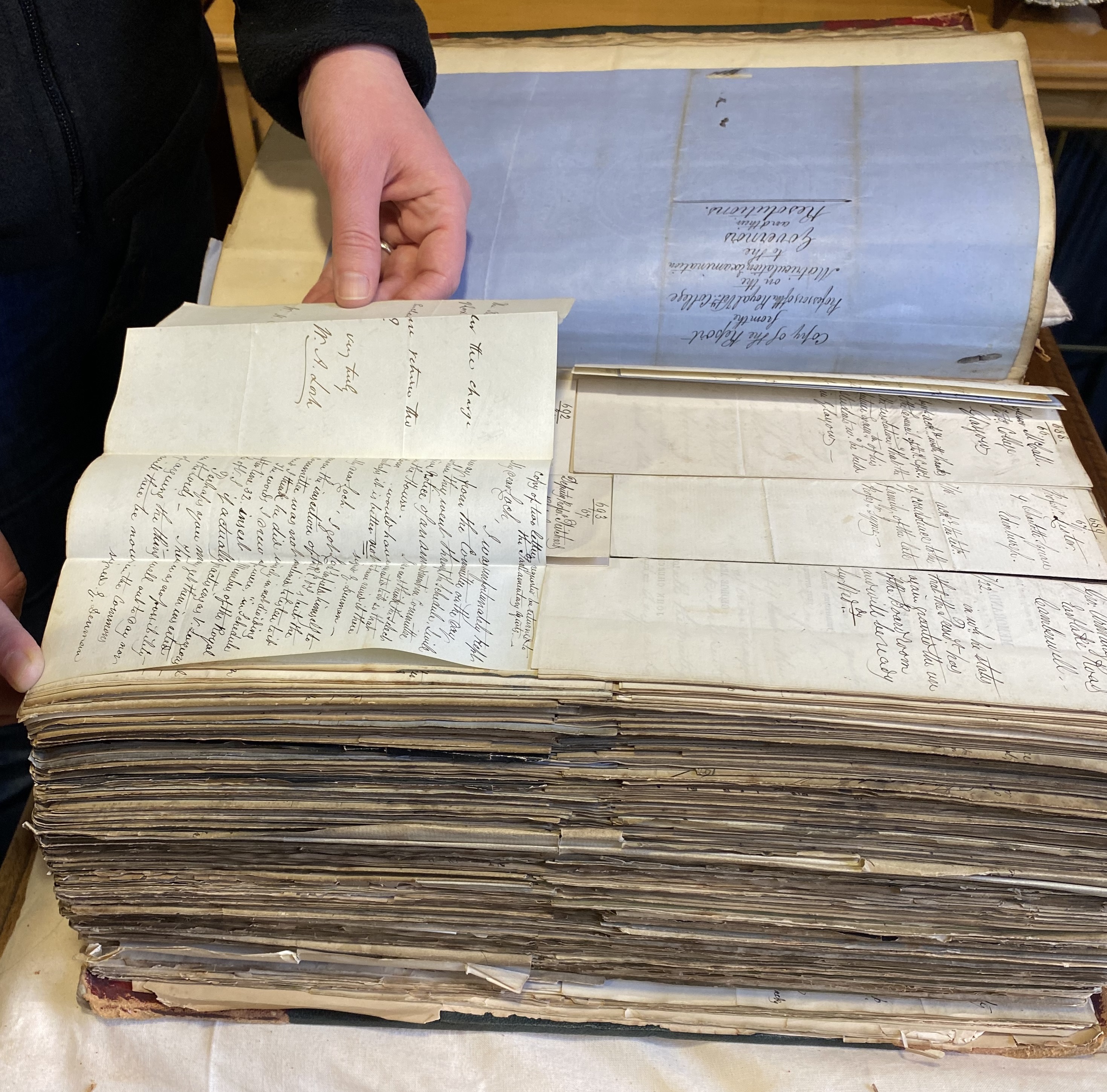
Visible damage to the edges of pages inside the Volume
Specialist repair
In 1900, George Fleming MRCVS donated his personal library of over 600 volumes, with the instruction that they were to be “accessible to every member who desires to refer to them”.
Since then, the Collections have been moved and handled by vets in three different locations. They survived the Blitz. However, this accessibility has meant that the most used items have suffered the brunt of the damage.
There is a lot that we can do to protect fragile items – but occasionally, some material needs specialist care so we can continue to make it available to the public.
The Secretary’s decision to file the letters in this way is fascinating and impressive, but very impractical for regular use. The original leather binding and the spine are now badly damaged by wear and tear. The Volume needs cleaning, and many individual letters are torn or damaged.
We have estimated that repairing the Volume will require around 50 hours of specialised conservation work. This would also include the creation of a bespoke box for safer storage and handling.

The original leather binding is starting to come away from the spine of the Volume
A vital resource
Jane Davidson, a PhD student and RVN, is studying the development of the British veterinary profession, and recently viewed the volume as part of her research.
“The letters have added an amazing layer of personal information not available in meeting minutes – protecting them for future research is essential to veterinary history.”
The letters show, she adds, that there was already a global value to being an MRCVS during the mid-Victorian era.
“[There are] numerous and regular letters from overseas. These include from India, Mauritius, and multiple from across the United States of America.”
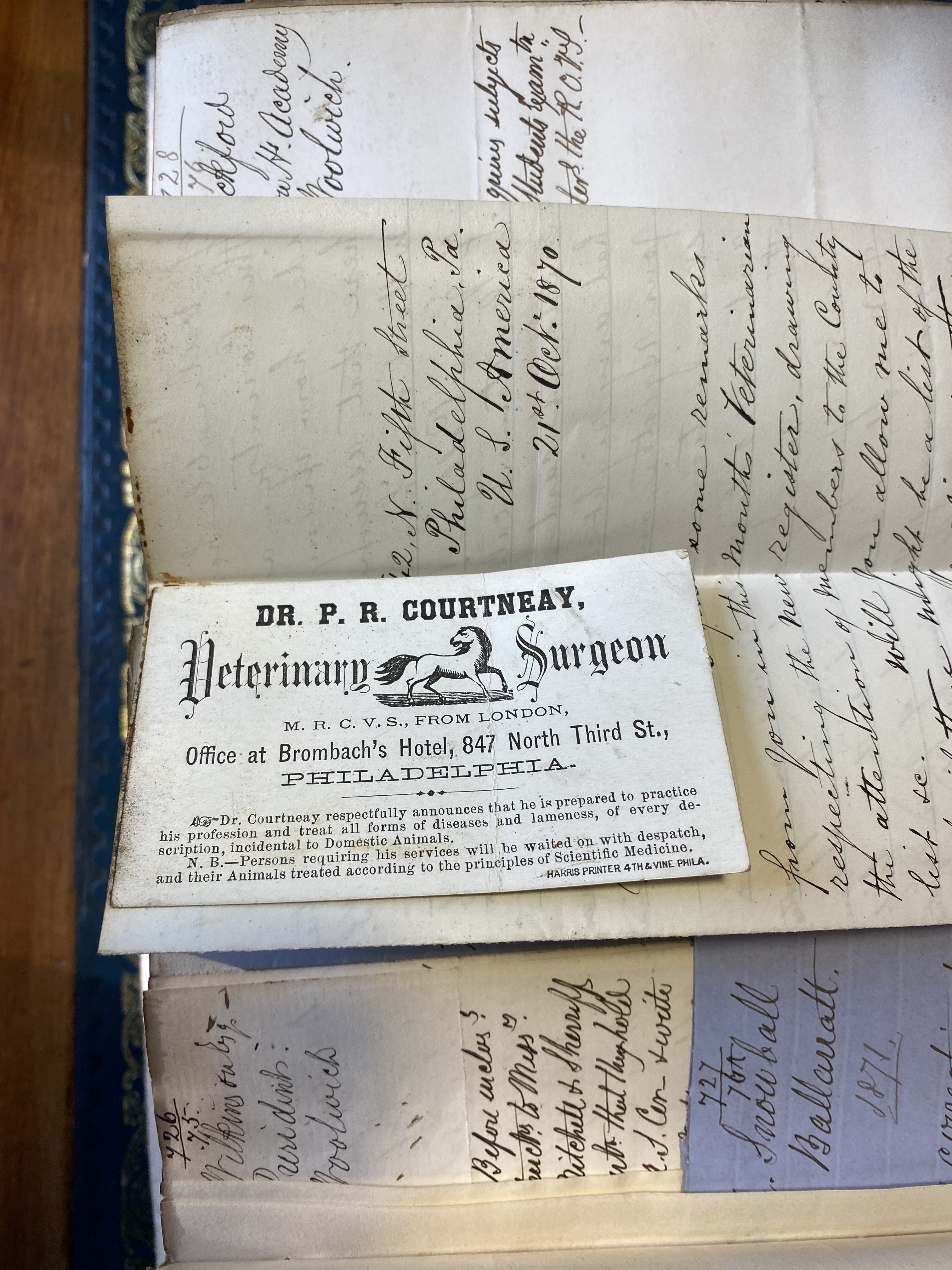
International correspondence to the Royal College of Veterinary Surgeons
What you can do
You can help support this essential restoration work by making a donation to our Christmas appeal today. You can choose to make a one-off gift or give to us regularly each month. Anything you can spare will contribute to ensuring we can help preserve the past for the veterinary surgeons and nurses of tomorrow.
